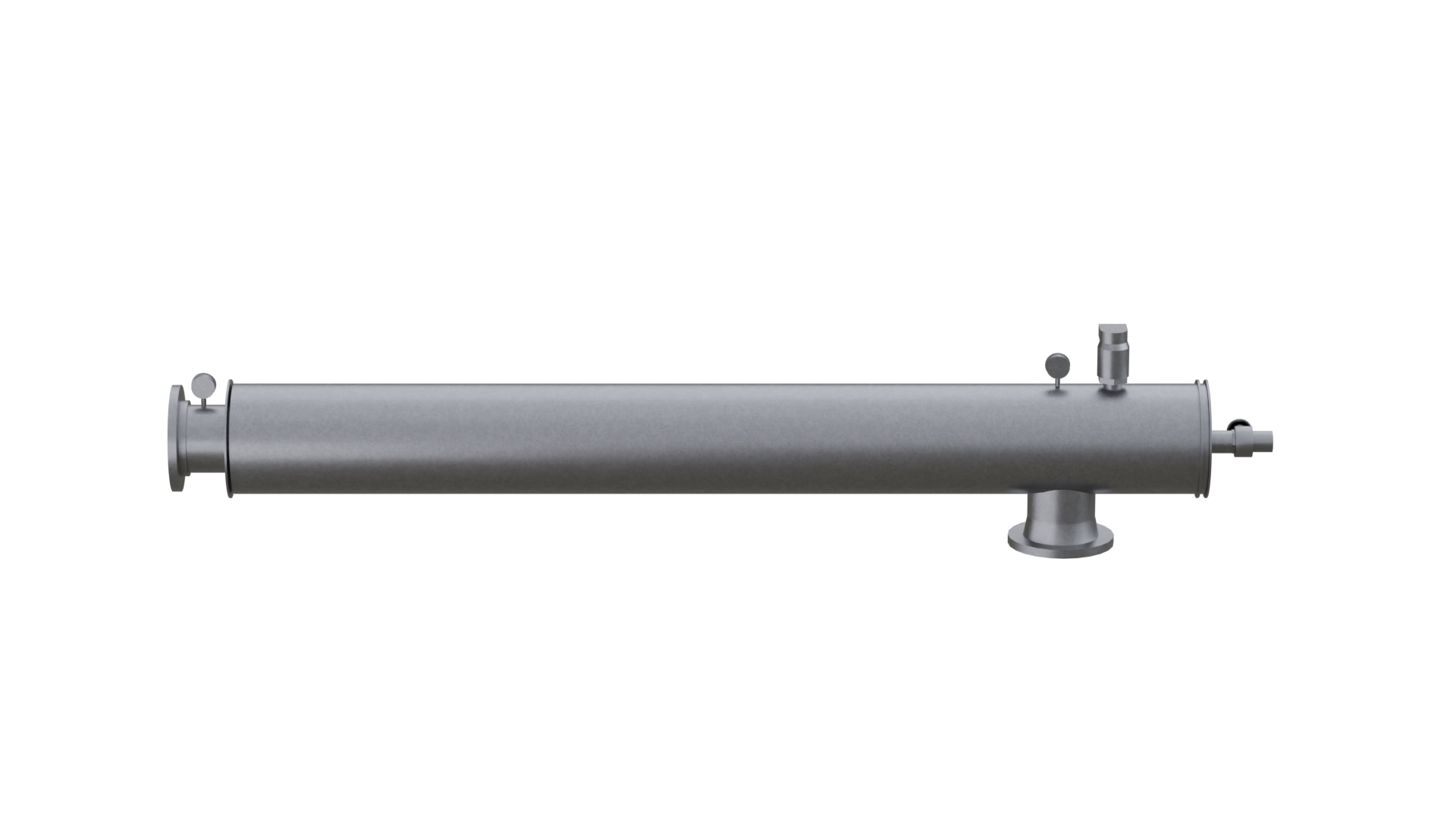The Imperative of Pure Water: Filtration Systems in Industrial Processes
Questions?
Contact us for more information.
Water, often dubbed the 'universal solvent', plays a pivotal role in a myriad of industrial processes. From the intricate formulations in chemical manufacturing to the delicate balances in food and beverage production, the quality of water can make or break the end product. As industries strive for excellence and consistency, the demand for purified water has never been higher. Enter advanced filtration systems, the unsung heroes ensuring that water used in these processes is pristine and free from contaminants that could compromise product quality.
The Challenge of Ensuring Water Purity
In an industrial setting, water purity isn't just about clarity; it's about ensuring that the water is free from a spectrum of contaminants, from sediments and organic materials to microorganisms and dissolved gases. Even trace amounts of these contaminants can have significant repercussions. For instance, in chemical manufacturing, impurities can react with the chemicals being produced, leading to unwanted by-products. In the food and beverage industry, contaminants can affect taste, appearance, and even the safety of the product.
Filtration Systems: The Cornerstone of Industrial Water Purity
To address the challenges posed by impure water, industries are increasingly turning to advanced filtration systems. These systems, designed to handle a range of contaminants, are tailored to the specific needs of each industry.
The operation of these filtration systems is both intricate and efficient. As water is channeled through the system, multiple layers of filtration media capture and retain contaminants of varying sizes and types. This multi-stage approach ensures that the water emerging from the system is of the highest purity, ready to be used in critical industrial processes.
The Transformative Impact
With the integration of advanced filtration systems:
Consistent Product Quality: Industries can ensure that their products meet the same high standards batch after batch, fostering trust among consumers and clients.
Operational Efficiency: With a reliable source of pure water, industries can reduce downtime caused by water-related issues, leading to increased productivity and profitability.
Environmental Responsibility: By ensuring that water used in processes is clean, industries can reduce their environmental footprint, ensuring that wastewater is less polluted and easier to treat.
Cost Savings: A well-functioning filtration system can lead to reduced maintenance costs, fewer product recalls, and less waste, leading to significant cost savings in the long run.
Conclusion
In the intricate dance of industrial processes, where precision and consistency are paramount, the role of pure water cannot be overstated. Advanced filtration systems, by ensuring the purity of this critical resource, play an indispensable role in the success and sustainability of industries ranging from chemical manufacturing to food and beverage production. As we continue to push the boundaries of industrial excellence, the importance of such systems in ensuring the quality, safety, and integrity of products will only grow.

